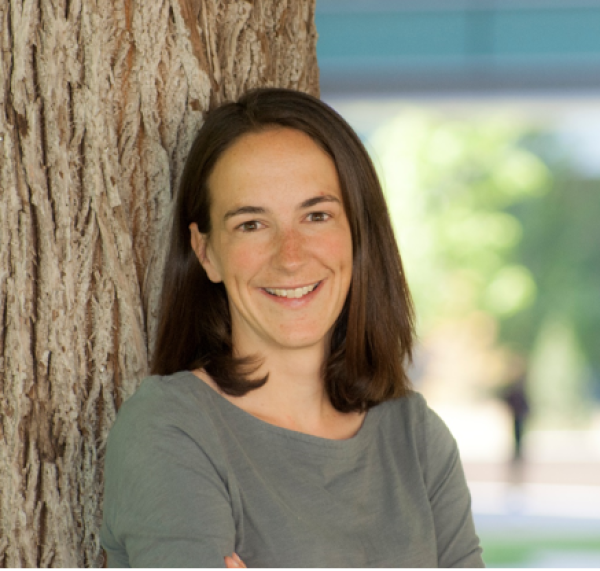 Dr. Sara Paull
Dr. Sara Paull
NEON Research Scientist
Ph.D., University of Colorado – Ecology and Evolutionary Biology
B.A., Dartmouth College
Date: October 4th
Time: 12:00pm - 1:00pm
Location: Denver Campus – North Classroom, Room 1604
Using NEON data to enable a multi-faceted approach to understanding climate-driven changes to mosquito-borne viruses
Climate change is significantly impacting the geographic range of many animal species and their associated microorganisms, as well as the timing of significant ecological events. Mosquito-borne viruses are no exception, with phenological and range shifts expected to influence their emergence, resulting in negative consequences for human health.
The National Ecological Observatory Network (NEON) offers an unprecedented opportunity to explore these changes in depth, providing data and samples that enable studies ranging from population and community ecology all the way to the microbiome and virome of the vectors. The observatory gathers data on 181 different ecosystem variables from 81 field sites (47 terrestrial sites and 34 aquatic sites) across the continental United States using observational field sampling as well as remote instrumentation.
Here I will discuss some recent studies using NEON data and samples that explore the impacts of weather variables on mosquito phenology as well as a regional analysis of the viromes of two important mosquito species. I will also provide a brief overview of NEON to demonstrate the potential for these data to answer ecological questions over a breadth of temporal and spatial scales.
